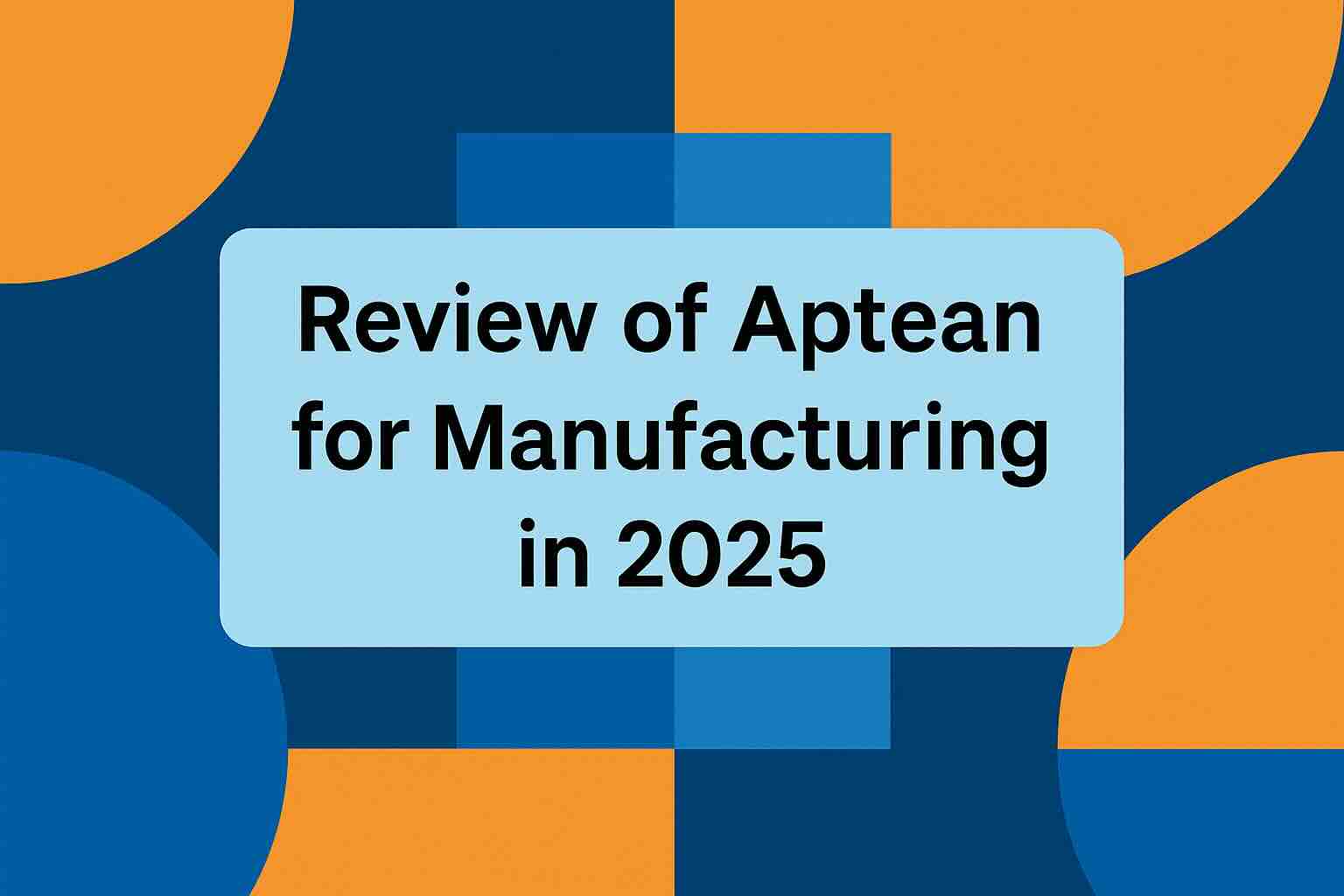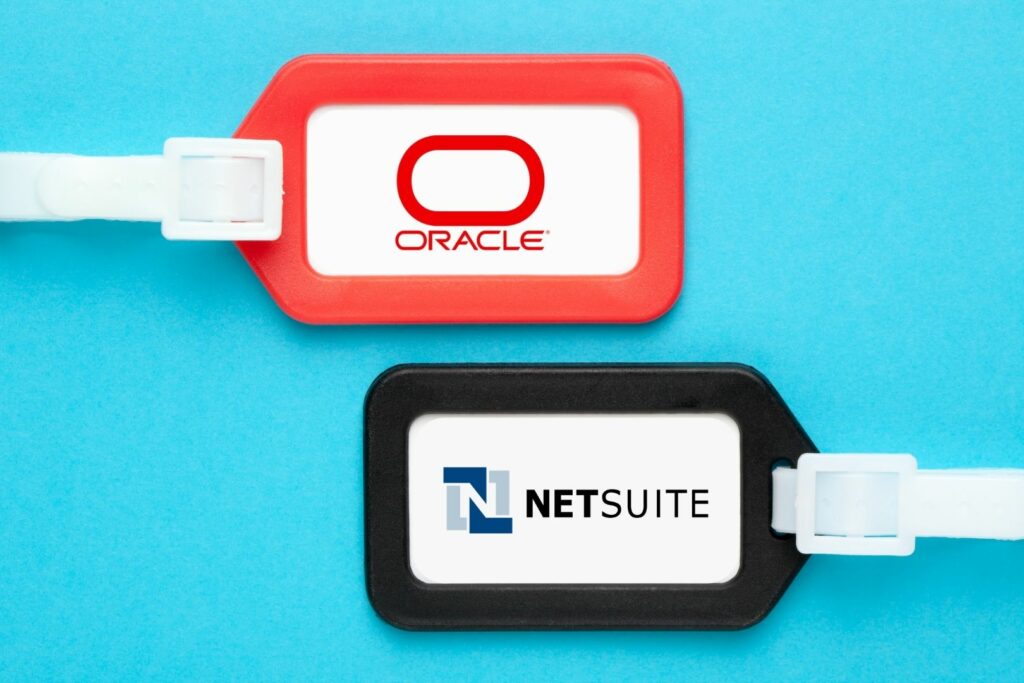Is Epicor a Good ERP for Construction and Engineering Companies?

In today’s rapidly evolving construction and engineering industries, the need for a robust, reliable, and industry-specific Enterprise Resource Planning (ERP) system has become essential. Managing projects, controlling budgets, ensuring compliance, and coordinating teams all require a solution that integrates seamlessly across departments and provides real-time insights. One ERP system that is increasingly being considered by construction and engineering firms is Epicor. But is Epicor a good ERP for construction and engineering companies? Let’s take a closer look.
Understanding Epicor ERP
Epicor is a globally recognized ERP system with a strong reputation for delivering industry-specific solutions. Originally designed for manufacturing and distribution, Epicor has expanded its functionality and now offers specialized modules catering to various industries, including construction and engineering.
The key strength of Epicor lies in its ability to provide end-to-end visibility, helping businesses manage their entire lifecycle from project planning, resource allocation, and procurement to financial management and compliance. But how well does it serve the unique needs of construction and engineering firms?
Key Features of Epicor for Construction and Engineering
When evaluating an ERP system, it’s essential to look at the specific needs of the industry. Construction and engineering companies face challenges such as complex project management, cost control, regulatory compliance, and supply chain management. Epicor offers several features that can address these needs.
1. Project Management
One of the most critical aspects of construction and engineering is project management. Companies in this sector manage multiple large-scale projects, each with distinct timelines, budgets, and resource requirements. Epicor’s project management tools provide comprehensive features to plan, execute, and monitor projects in real-time. This includes:
- Task scheduling: Ensures that tasks are aligned with deadlines and resources are properly allocated.
- Budget tracking: Offers visibility into project costs, ensuring that budgets are adhered to.
- Milestone tracking: Helps companies manage timelines and meet critical deadlines.
2. Resource Management
Resource allocation is crucial in construction, whether it’s managing labor, materials, or equipment. Epicor’s resource management tools allow companies to forecast needs, schedule labor, and monitor equipment availability. This ensures optimal use of resources across all projects, reducing downtime and avoiding cost overruns.
Epicor also integrates with various third-party systems that can monitor equipment usage and performance, making it easier for companies to track asset depreciation and schedule maintenance.
3. Financial Management and Budgeting
Construction and engineering projects typically involve intricate financial planning, and mismanagement of budgets can lead to massive losses. Epicor’s financial management tools provide real-time visibility into expenses, enabling companies to track spending against budgets more accurately. Features such as job costing, contract management, and change order tracking help construction firms avoid the financial pitfalls that often come with scope changes or unexpected costs.
In addition, Epicor supports multi-currency and multi-company transactions, which is beneficial for companies working on international projects or with complex organizational structures.
4. Supply Chain Management
The supply chain in construction and engineering can be intricate, involving multiple vendors, suppliers, and contractors. Epicor’s supply chain management (SCM) tools help businesses streamline the procurement process, track materials from order to delivery, and manage relationships with suppliers. This feature ensures that the right materials are available on time, reducing delays and avoiding costly downtime.
5. Regulatory Compliance
Regulatory compliance is a significant concern for construction and engineering firms, which must adhere to strict safety standards and environmental regulations. Epicor’s compliance management tools are designed to help businesses maintain compliance with industry standards. This includes tracking permits, certifications, and health and safety protocols.
Epicor’s ability to automate compliance reporting and documentation also simplifies audits and ensures that companies are always prepared for inspections.
6. Mobile and Cloud Accessibility
Construction and engineering teams are often working across multiple sites, which means mobile access to ERP systems is a necessity. Epicor offers cloud-based deployment and mobile access, ensuring that project managers and teams can access critical project data from anywhere. This mobility improves communication, enhances collaboration, and ensures that issues are addressed quickly, no matter where team members are located.
Benefits of Epicor for Construction and Engineering Companies
1. Tailored Solutions for the Industry
One of Epicor’s strengths is its flexibility. The system can be configured to meet the specific needs of construction and engineering firms. Whether it’s managing subcontractors, tracking job costs, or handling procurement, Epicor’s industry-specific modules ensure that the unique challenges of the sector are met.
2. Scalability
Construction companies often grow quickly, taking on larger projects or expanding into new markets. Epicor is designed to scale with the company, accommodating growing data volumes, additional users, and more complex project requirements. This makes it an excellent option for firms looking for a solution that can grow alongside their business.
3. Data-Driven Decision Making
With Epicor’s robust analytics and reporting tools, construction and engineering companies can make data-driven decisions. The system provides real-time insights into project performance, financials, and resource utilization. These insights enable businesses to spot trends, identify inefficiencies, and make adjustments to ensure projects are completed on time and within budget.
4. Integration with Other Tools
Epicor’s integration capabilities mean that it can work seamlessly with other essential tools used in construction and engineering, such as CAD software, project management tools, and BIM systems. This allows businesses to leverage existing technology investments while benefiting from the enhanced functionality of a comprehensive ERP system.
Considerations When Choosing Epicor
While Epicor offers numerous benefits, it’s important to note that implementation can be complex. ERP systems, in general, require a significant investment of time and resources to implement, and Epicor is no exception. Construction and engineering companies should ensure they have a clear implementation plan and the right support in place to ensure a smooth transition.
Another factor to consider is customization. While Epicor is highly configurable, businesses should be cautious of over-customizing the system, as this can lead to increased maintenance costs and complicate future upgrades.
Conclusion
Epicor is a strong contender for construction and engineering companies seeking a comprehensive, scalable ERP solution. Its industry-specific features, robust project management tools, and financial capabilities make it a valuable tool for managing complex projects, controlling costs, and maintaining compliance. While the implementation process requires careful planning, the benefits of using Epicor can far outweigh the initial challenges.
For construction and engineering firms looking to improve efficiency, drive growth, and gain better control over their operations, Epicor is certainly worth considering. To find out more about Epicor click this link.
To compare Epicor with 100s of other ERP solutions, you can use our new AI-powered Compare ERP tool. It’s free to use and you get a guaranteed discount on your first year’s licence fees with a referral from Compare ERP.









